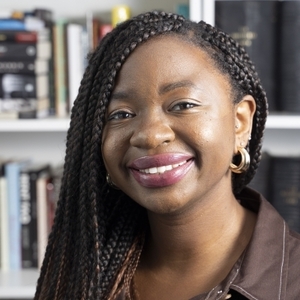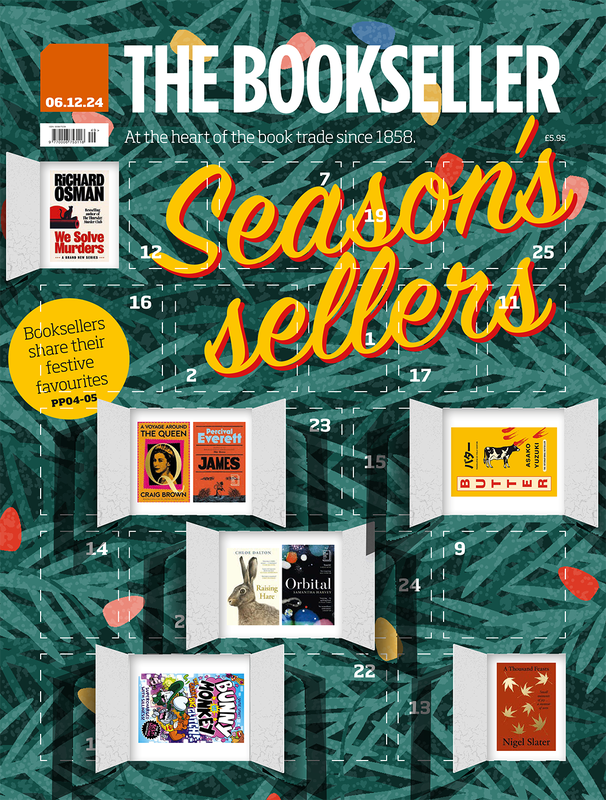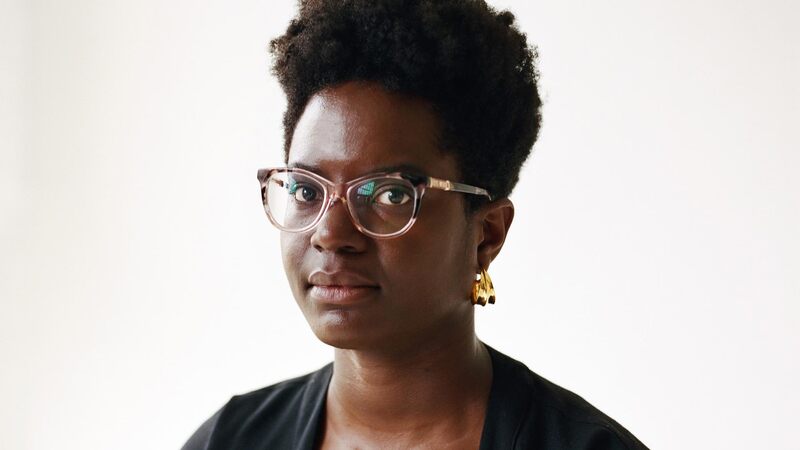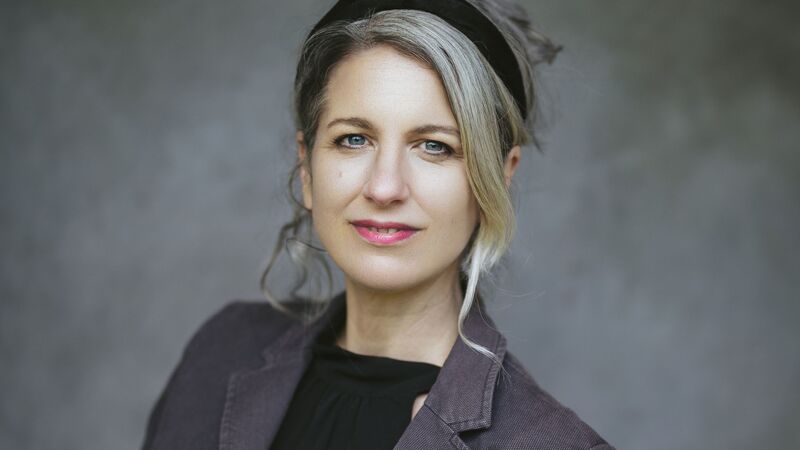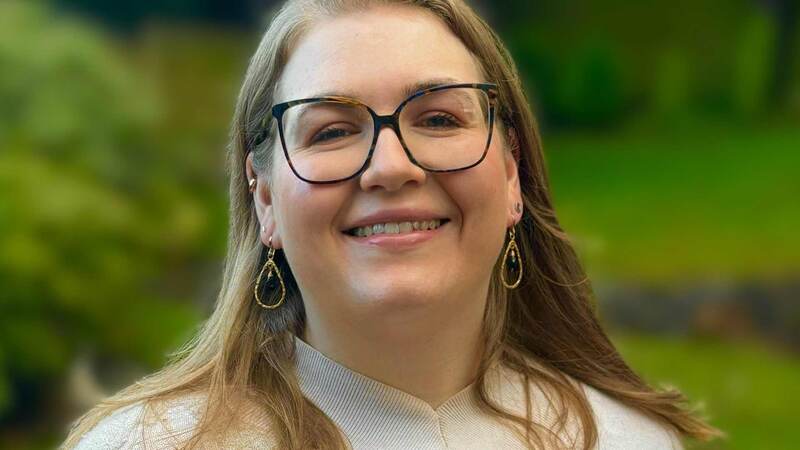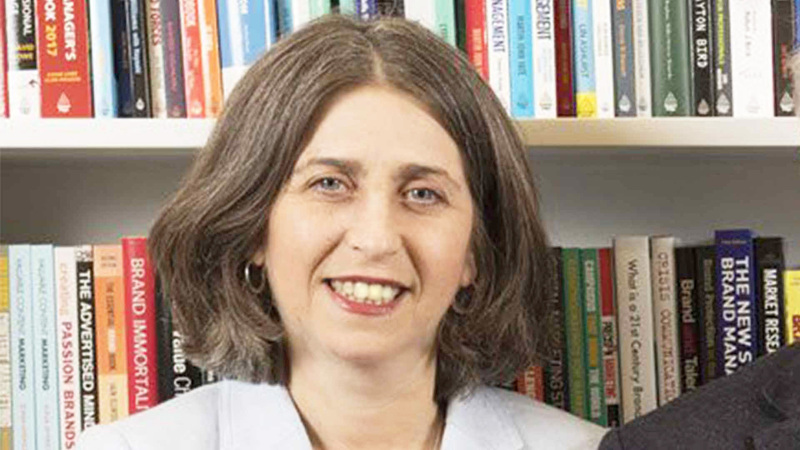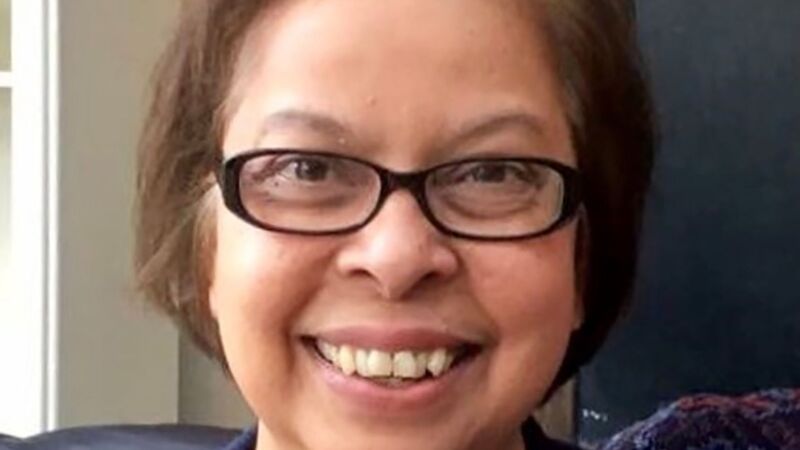You are viewing your 1 free article this month. Login to read more articles.
When all is said, what is being done? Introducing the Black Agents & Editors’ Group
The global if tragically-induced surge of the Black Lives Matter movement has sparked vital conversations. Yet, what was revelatory for so many in our industry felt like Groundhog Day for most of us who are Black. We’re stuck – how do we change the narrative?
Belonging, as abstract a concept as this may be, is more vital than ever. The work of mutual aid groups has been a beacon of hope during the pandemic. Inspired by this grassroots approach, and following in the footsteps of DipNet and BAME in Publishing, I launched the Black Agents & Editors’ Group (BAE) in June.
It is unsurprising that we came together at the same time as the Black Writers’ Guild: in the face of unrelenting threats and trauma, many of us needed a community that didn’t yet exist. First and foremost, that’s what BAE is: a publishing community for people of African descent currently working in editorial or agenting roles in the UK. It is a (currently digital) space for us to celebrate our shared cultural interests, socialise and support each other at every stage of our careers. Secondly, we are starting a mentoring programme, where prospective Afro-descendant applicants will learn about the industry and receive advice on applications and interviews, from people from similar backgrounds to their own. A number of us already do this for people of all backgrounds – but the dearth of Black staff promoted to or retained at mid to senior level is proof alone that a targeted approach is urgently needed.
The main criticism levelled at our industry is its impenetrable nature – nowhere is this more salient than in editorial. From relatives and godparents who broker work experience for their own to the opaque jargon and pay scale, the industry heavily relies on White cultural (and actual) capital. While we, Black people in publishing, cannot fix systemic inequity, we can lift as we climb; teach by example. While BAE recognises that durable and meaningful industry progress necessitates representation at all levels in all roles (how many Black publicists are there in UK publishing?), our focus on agenting and editorial is informed by data from both sides of the pond.
In the US, where roughly 14% of people are Black, a report from multicultural children’s publisher Lee & Low shows that in 2019 only 1% of people in editorial roles were Black (compared to ≈4% in other departments, barring 8% representation among interns). Overall, US publishing has fewer people of colour in editorial now than in 2015 – 82% identified as White then, versus 85% now. This suggests an exodus. The 2011 England and Wales census recorded that 14% of us are nonwhite. One can extrapolate that UK editorial and agenting figures are even lower than in the US, probably 0.25% to 0.5% (how many Black men are commissioning books in UK publishing?). This, despite 40% of people in London – publishing’s nexus – being nonwhite. The latest, albeit less granular, UK publishing data comes from Bookcareers.com and suggests a similar pattern for White respondents: 90.7% in 2008; 93.7% in 2013; 90.4% in 2017.
Beyond mere conjecture, these ‘peaks and valleys’ have been observed by publishing stalwarts, including US literary agent Cherise Fisher, formerly editor-in chief at Plume, Penguin Random House USA. Interviewed in a feature on Black people in US publishing, she also emphasises how mentoring can foster a sense of belonging: "Black people, Black women, are challenged in these environments when they don’t have access to the networks that they need in order to propel their careers because all of publishing is about mentorship. Each of us who are in the industry, I think, have a responsibility for promoting and supporting each other because that’s how things get done." Of course, the wellbeing and inclusion of employees cannot lie with individuals, so it’s key for businesses to overhaul their company culture and recruitment practices. But policies have been known to take years to devise, let alone communicate and implement internally and externally.
In the meantime, at BAE we’ve made it our mission to talk to those who are often overlooked: the talent. The Black people who didn’t study literature at a red brick university. The Black people who had an unusual educational route. (TUC has reported that Black grads are paid 23% less than their White counterparts – the racial pay gap widens with qualifications.) The Black people whose families cannot arrange internships. The quiet Black people who don’t shmooze. Or simply those who, given all of the above, don’t think publishing is for them. Brilliant and singular individuals who ought to be tomorrow’s tastemakers.
To that effect, we have created a website and sign-up forms through which we will coordinate sessions to offer advice in a centralised way. The idea is to connect with youth centres, teachers, schools, parents, universities, as well as individuals over 18. Our website also includes a members’ spotlight, featuring people at every level. For this is one thing to remember: there is a lot to be celebrated about us. From our expertise to the multitude of views and personalities we bring to the table, and our ability to create communities anywhere. And so, this is what we’re doing. We hope you’re playing your part too.
Marianne Tatepo is commissioning editor at Ebury (Penguin Random House UK). If you are Black and work in an agenting or editorial, you can fill in the BAE membership form here. If you are a prospective applicant, you can register your interest in the mentoring programme here. The date of the first BAE social is forthcoming; members can invite a friend to join. Please email blackagentsandeditors@gmail.com for any queries.
